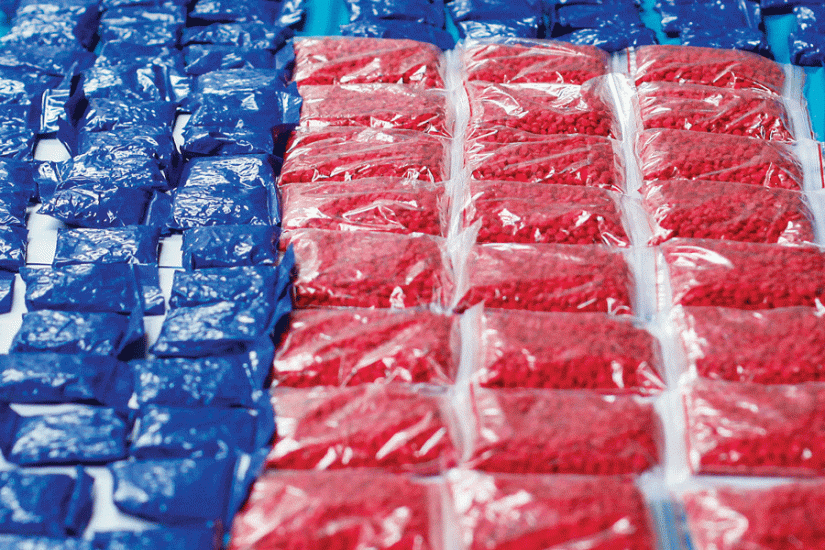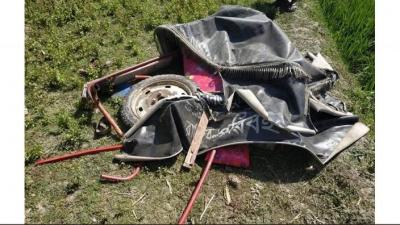 Rohingyas residing in Bangladesh are engaging in yaba trade; despite a nationwide drive to curb the drug, the move to control yaba trade is proving intractable.
Rohingyas residing in Bangladesh are engaging in yaba trade; despite a nationwide drive to curb the drug, the move to control yaba trade is proving intractable.
Relevant people are saying that since there’s demand, there’s also supply and once the supply is not controlled, the demand will soar.
The information of police, Rapid Action Battalion, Border Guard Bangladesh and narcotics control department of the last three years shows that with the arrival of the Rohingyas, catching of yaba shipments has also risen in Cox’s Bazaar.
As per Teknaf’s Leda Refugee Camp chairman, Mohamamd Alom: “The influential locals are exploiting the helpless people but we are carrying out anti-narcotics campaigning in the camps.”
In the countrywide drugs drive, which began on May 4, 2018, 121 people have been killed in Cox’s Bazaar district.
Narcotics officials say that Rohingyas driven out of Myanmar are being used to carry yaba and therefore, more shipments were apprehended in 2017 and 2018.
But due to the diligent effort of the law to control drugs, the sale and trade of yaba have seen a decline in 2019.
In Ukhia and Teknaf, drug cases against Rohingya refugees are more than one hundred. In these cases, more than two thousand persons have been arrested.
In the last one year, more than 500 drug spots have sprung up in 34 Rohingya camps; reportedly, these camps are also being used to store yaba.
In the first five months of the running year, over 4.8 millions yaba tablets were recovered and 301 smugglers have been detained while 101 drug dealers died during shootouts with the law enforcers.
In charge of Teknaf camps, lieutenant Mirza Shahed Mahtab, says: “After the countrywide drive, many smugglers have taken refuge at the camps and so, we have beefed up our patrols in the there.”
Meanwhile, commander of Teknaf-2 battalion, lieutenant colonel Mohammad Foysal Hassan Khan, said: “We are worried about the spread of drugs at the camps and have increased the presence of law enforcers.”
Widows and woman who have come without their husbands are involved in the trade; they are vulnerable and know the ways to enter Bangladesh by eluding law enforcers, he added.






